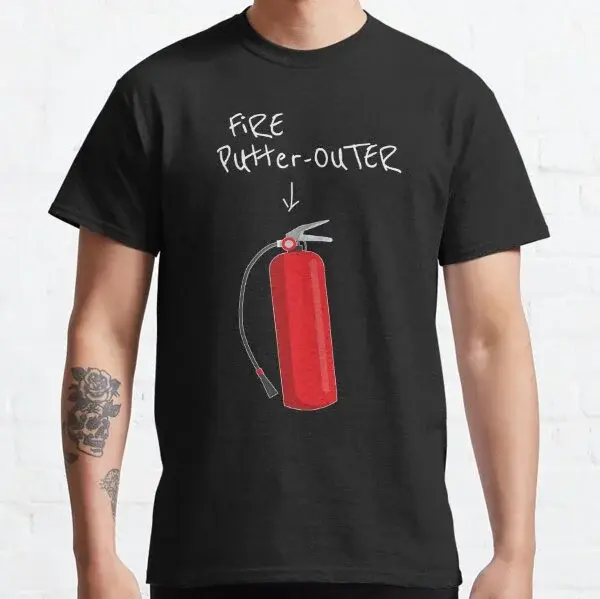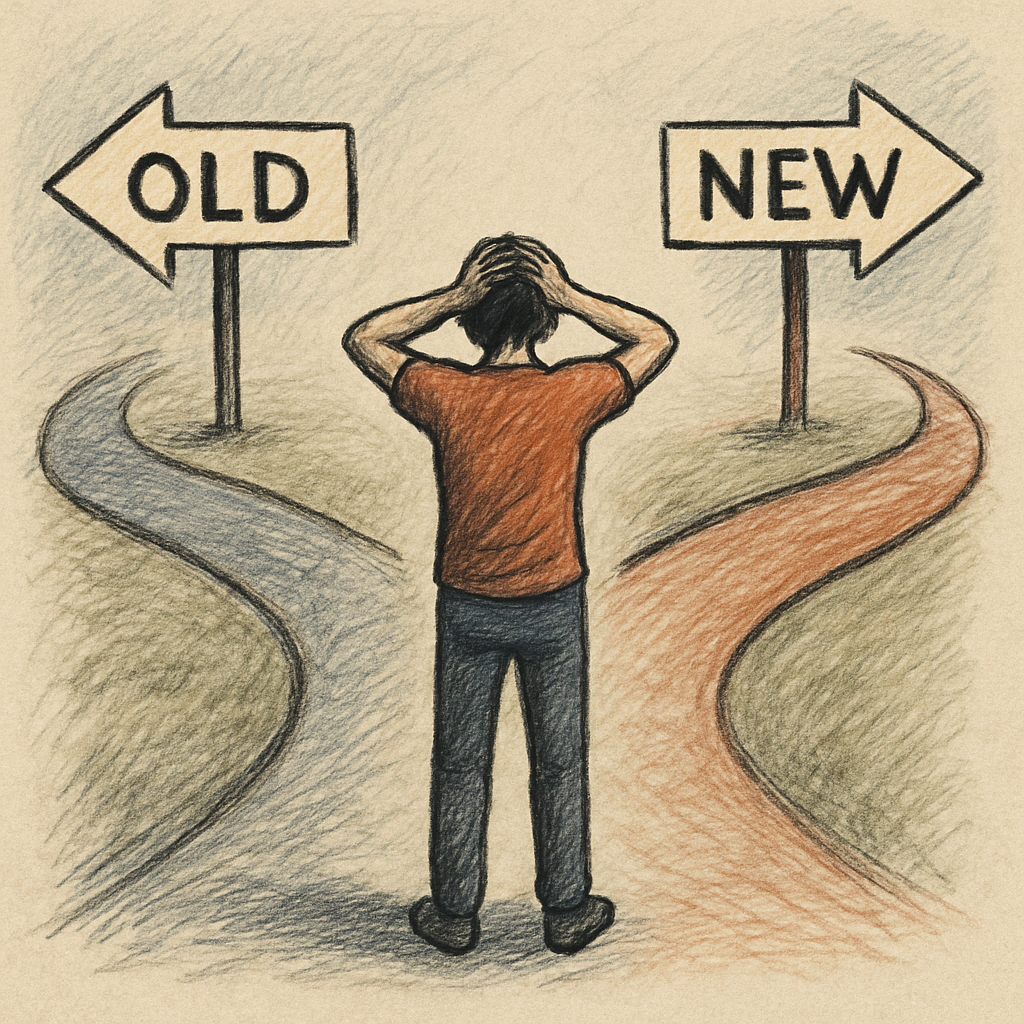[Guest blog by SMART Facilitator Rick Kuplinski]
Health problems. Relationship issues. Employment consequences. Frivolous spending. Hangovers on the regular. Becoming so consumed by planning, engaging in, and recovering from addictive behavior that it steals time and energy from more healthy and worthwhile pursuits. Are these really the things I deserved as my rewards for all that I did (or all I put up with)? But telling myself that I deserved to drink (a lot) came with all these things. Sounds crazy, right? How does one conclude that being addicted is one’s just reward? Unhelpful beliefs . . . that’s how.
Unhelpful beliefs are ideas we hang onto (and often act upon) despite the evidence right in front of us that:
- These beliefs aren’t necessarily true, but we ignore or dismiss contrary information.
- They are not quite logical; they don’t pass “the smell test.” And/or . . .
- These beliefs when acted upon often lead to more harmful consequences than helpful ones.
Having unhelpful beliefs is not something unique to those of us with addictions. These are common to everyone with varying frequency and degree. For everyone, unhelpful beliefs can have consequences like emotional upset, problems with acceptance, and cognitive distortions, which are habitual ways of thinking that are often inaccurate and negatively biased. For those of us with addictions, unhelpful beliefs mean all this. Plus, they can trigger us to behave in ways that have proven to be progressively destructive, whether it is drinking, drugging or engaging in harmful behaviors related to things like eating, sex, shopping, etc.
SMART Recovery has taught me to be more mindful of the helpfulness vs. harm of my thinking. I regularly use the SMART Recovery tool explained in our handbook that is called Dispute Unhelpful Beliefs. Using this tool is an effective way to “catch it, check it, change it” when I suspect my thinking is stinking and that I might be beginning to form an unhelpful belief. But more than this, learning about unhelpful beliefs helped me to recognize and dispute a central unhelpful belief behind my addiction; something I had consistently acted upon for decades. And it was this: “I deserve to drink. I get to do this as my reward. Therefore, it is justified.”
That’s it. Plain and simple. Something I told myself time and time again as I carried out my drinking plans. It didn’t matter what I was rewarding myself for. (After a while anything would do.) But SMART Recovery taught me to recognize this as an unhelpful belief and to challenge it like a lawyer cross-examining a witness: “Is it really true that you always deserve reward? Or have you developed an overblown sense of entitlement to give yourself a constant supply of excuses to drink? And even when you do deserve to reward yourself, this is how you are doing it? This is really what you want for yourself? For the people who love you?” And, following the next step in DUB Tool, I formulated a more helpful new belief. It goes like this: “It is true that sometimes you deserve reward. But no more and no less than anyone else, and certainly not all the time. And when you reward yourself from now on choose one that is healthy, enriching and truly—not artificially—relaxing.”
I won’t say that this is all it took for me to get sober, but at the same time I don’t think I would have been as successful without disputing this unhelpful belief with decisiveness and a determination to change.
Is unhelpful thinking fueling your addictive behavior? Is there a belief you cling to no matter what evidence, logic and results are showing you about the value of the belief? Here are some examples of ones I hear regularly at SMART Recovery Meetings
- “My pain is too much to bear. My addiction is the only thing that gives me relief.”
- “If I quit my addiction, I will lose all my friends; have no places to go; nothing fun left to do.”
- “I can’t help it. I am powerless. This addiction is something I am cursed with for life.”
- “This is something I am doing to get through some rough times. I’ll quit later when things get back to normal.”
- “This isn’t fair. I should be able to be like a normal person and enjoy my [insert addictive behavior here] when I want.”
- “I don’t think my problem is that bad. I see people who are way worse than me.”
No matter what your Unhelpful Beliefs might be, SMART tools and mutual support can help.
To find and in-person or online meeting go to the “Meetings” tab at www.smartrecovery.org




